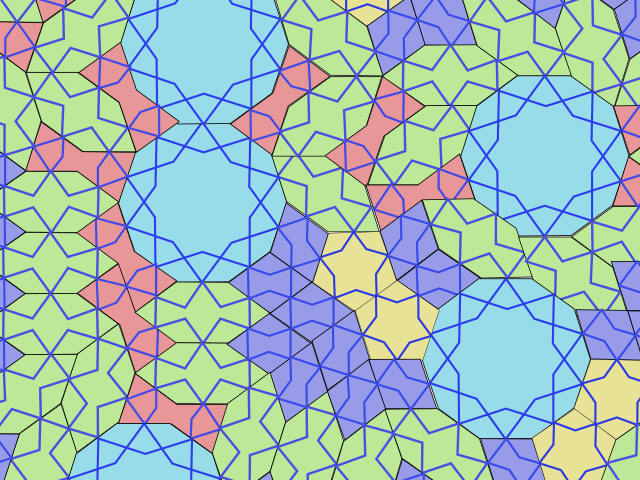Difference between revisions of "Language/Multiple-languages/Culture/Traditional-Symbols-and-Motifs:-Western-Asia"
< Language | Multiple-languages | Culture
Jump to navigation
Jump to search
| Line 61: | Line 61: | ||
Babylonian: | Babylonian: | ||
https://upload.wikimedia.org/wikipedia/commons/thumb/9/99/Tablet_of_Shamash_relief.jpg/591px-Tablet_of_Shamash_relief.jpg | https://upload.wikimedia.org/wikipedia/commons/thumb/9/99/Tablet_of_Shamash_relief.jpg/591px-Tablet_of_Shamash_relief.jpg | ||
Revision as of 22:18, 8 June 2023

This page features translations of symbol and motif terms in different languages from Western Asia, accompanied by pictures.
Armenian Eternity Sign
| Armenian |
|---|
| Յաւերժութեան Նշան |

Armenian:

Girih

Turkish:

Gul =
Turkish:

Hand on Hips
| Turkish |
|---|
| eli belinde |

Hittite Sun Disk

Hittite:

Kurdish Sun
| Central Kurdish | Northern Kurdish |
|---|---|
| ڕۆژی کوردی | Rojê Kurdî |

Star of Ishtar

Star of Shamash

Babylonian:

Strong Shining
| Georgian |
|---|
| ბორჯღალი |

Georgian:

Other lessons
- How to become a polyglot
- How to contribute to wiki lessons (FAQ)
- Largest Retailing Websites around the World
- Introduction to Common Han Characters
- Traditional Architectures: Melanesia
- Texts and Audios under a Public License
- Natural phenomena
- Ordering with Letters
- Different ways to greet in the world
- Traditional Architectures: Eastern Asia
- Introduction to Writing Systems
- Websites of Cuisine Recipes
- Wiki Notice Board
- Video Games with Real‐Life Occupations
- Helpful Anki Shared Decks